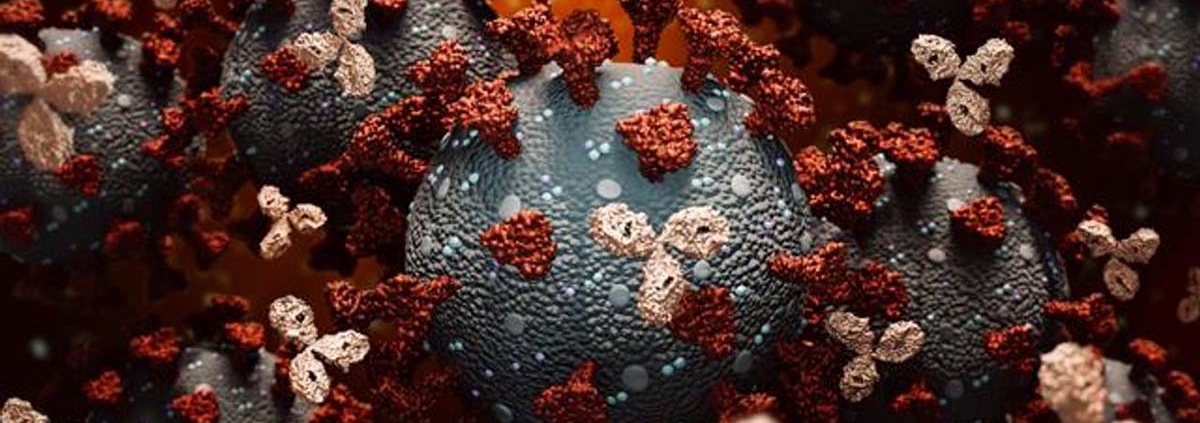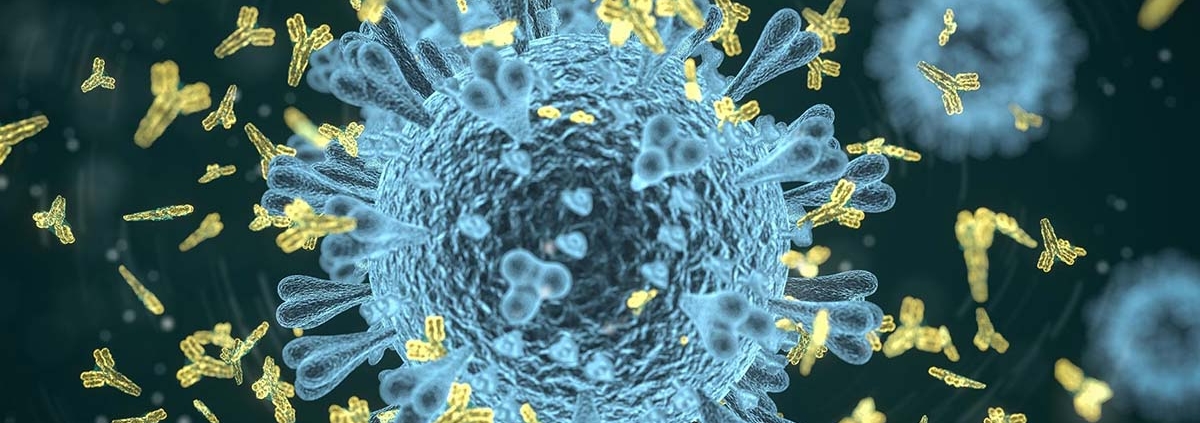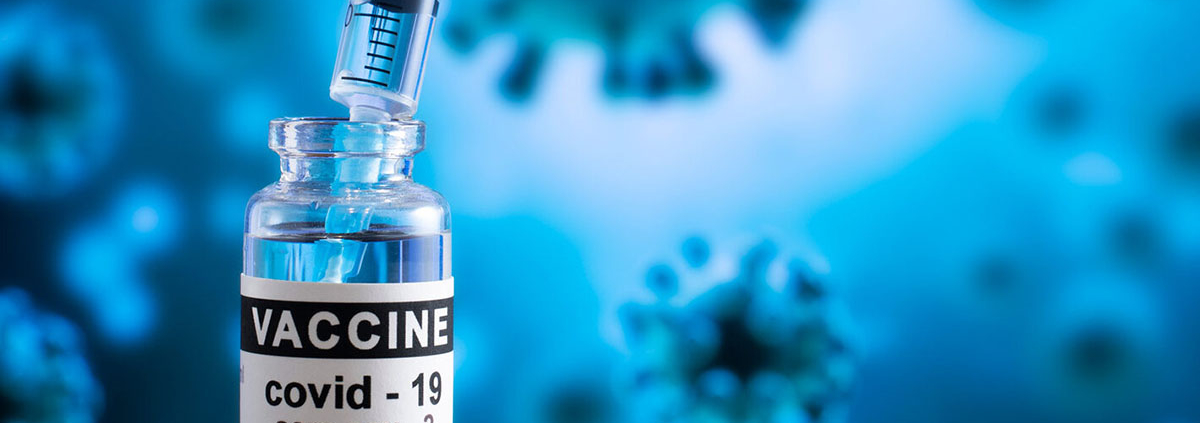For at least six months after COVID-19 vaccination, antibodies produced by immune cells become steadily more formidable and more precisely targeted against the virus that causes COVID-19, according to a study of the antibody response to the Pfizer-BioNTech vaccine by researchers at Washington University School of Medicine in St. Louis.
The idea that antibodies increase in quality as they decrease in quantity will come as no surprise to immunologists. The process was described in animals by Washington University immunologists Herman Eisen, MD, and Gregory Siskind, MD, in 1964. But this study, published in Nature, is the first to track the maturation of the antibody response in detail in people.
The findings suggest that declining antibody levels in the months after vaccination primarily represent a shift to a sustainable immune response. Producing vast quantities of antibodies burns a lot of energy. The immune system cannot sustain such a high level of activity indefinitely, so it gradually switches to producing smaller amounts of more powerful antibodies.
Even quite low levels of antibodies would continue to provide some protection against disease, the researchers said — as long as the virus doesn’t change.
Immune cells that produce antibodies are from the B cell family. Following the B cell response through all of its stages — from initiation through peak antibody production to the emergence of memory cells that can quickly churn out new antibodies the next time the body encounters the same virus — requires repeatedly taking samples from parts of the body that can be hard to access. At different stages in the process, key members of the B cell family are located in the blood, the lymph nodes and the bone marrow. Getting B cells from the lymph nodes is technically challenging and involves using ultrasound to locate minuscule immune structures called germinal centers within the lymph nodes. Obtaining a sample of bone marrow involves inserting a needle into the pelvic bone.
Release date: 15 February 2022
Source: Washington University School of Medicine



